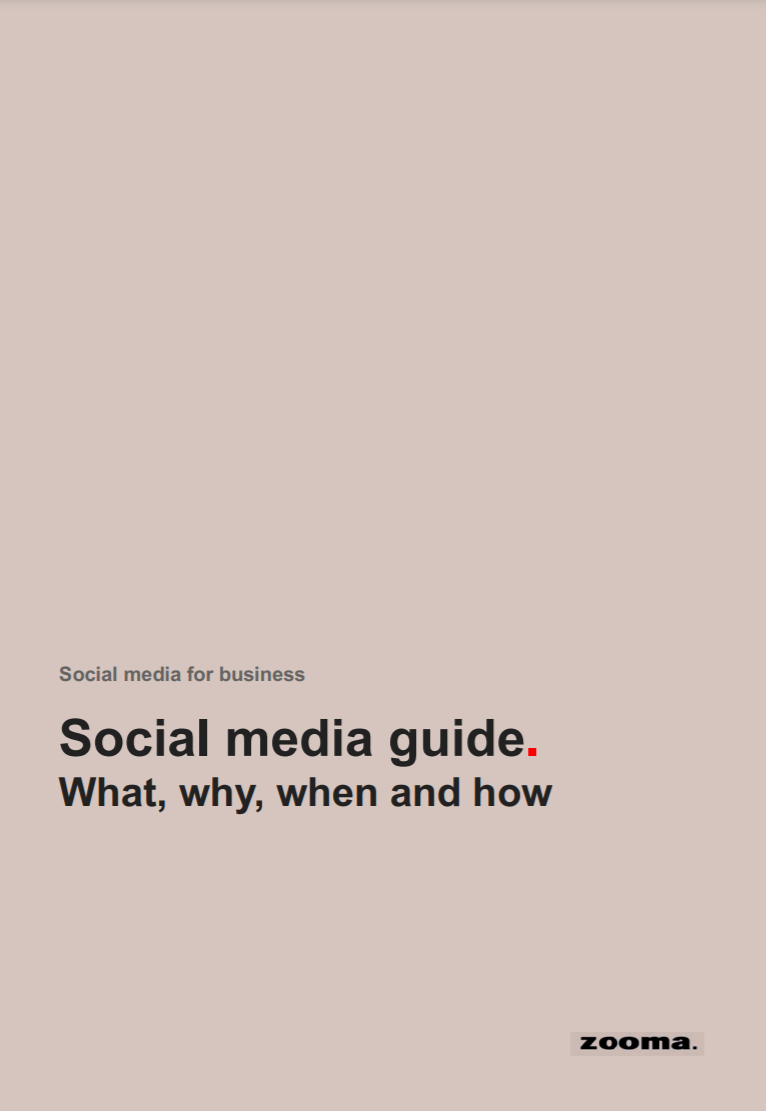- Learn
- The Onlinification Hub
- Clubhouse vs podcasts: What you need to know
Clubhouse vs podcasts: What you need to know
By Doug Bolton

Clubhouse, the drop-in audio chat app, has rapidly gained a big userbase. It's still invite-only, and while the exclusivity factor has been used before by other new social platforms, and it seems like it’s really worked for Clubhouse – there’s a huge amount of buzz around the app, especially from journalists, media personalities, and leaders in the online and digital space.
But Clubhouse’s breakthrough comes at an inconvenient time. Podcasts have been around for almost 20 years, but many traditional B2B companies who create content have only recently begun experimenting with the medium. Suddenly Clubhouse enters the stage, and these companies have an unexpected choice – should we focus on developing our podcast, or should we try to be present on Clubhouse? Which should we choose, and can we do both?
In this article, I’ll try to explain some of the differences between these two mediums and give you a few things to think about if you want to start experimenting with them.
Podcasts are on-demand, Clubhouse isn’t
The joy of podcasts is that they’re on-demand. You can listen to the latest episode of your favourite podcast as soon as it’s released, or you can go back through the archives and find an old classic. There’s a huge catalogue of content available to you all the time, accessible whenever you want. You can also skip through introductions and adverts, or jump straight to the part that you’re most interested in.
Clubhouse, on the other hand, is very much live. At the moment, there’s no way of going back and listening to recorded discussions previously held on Clubhouse. You can’t skip, rewind, and there’s no way for a host to edit out all the hesitations and outtakes, as they might with a podcast. You have to listen live, and if you miss a discussion, you’ve missed it for good.
This is an intentional decision from Clubhouse. It’s not just another podcast platform – the whole idea is that the content is temporary and happening right now. Listeners feel they’re actually taking part in something real, not just consuming someone else’s content. There’s clearly a market for this – look at the streaming platform Twitch, for example. There are endless amounts of on-demand audio and video content online, but it’s clear that millions of people want to have that live connection.
What does this mean for you? If you’re a typical B2B company, chances are you already struggle to find enough resources to create all the content you want. If you put those resources into Clubhouse, you can only reach those who happen to be listening when you’re broadcasting. If you put them into podcasting, you get content with a long lifespan that you can use, re-use and adapt over time — as we do with our podcasts:
Where is your audience?
This is the first thing you should consider whenever a buzzy new social platform is launched. It’s fantastic if you want to dive right in and start experimenting, but be careful when you allocate your resources. You could pour a lot of energy into Clubhouse, but if the target groups you want to reach aren’t active there, you would be better off focusing more of your time on platforms that can connect you to them. Of course, this doesn’t mean you shouldn’t experiment and try it out – and if your target group is active on Clubhouse, great!
The personal touch
One potential benefit that Clubhouse has over traditional podcasts is the personal touch. There aren’t (yet) any corporate pages on Clubhouse – all accounts are personal and linked to a single person, although obviously, some Clubhouse users choose to actively present themselves as professionals representing a company.
One of the many reasons to encourage your team to be active on LinkedIn is because it benefits both them and the company. As they become active on LinkedIn, they develop a reputation as knowledgeable and trustworthy professionals – and that reflects really well on your company.
It’s the same story on Clubhouse. If one of your company’s employees becomes a well-known and trusted figure on the app (and if they actively represent your company while using it), that improves the entire company's image in the eyes of other users.
It’s true that personalities can really shine through in podcasts as well, but podcasts are still typically published under the organisation’s name, not the employee’s. So in this sense, Clubhouse provides a clear built-in benefit that other audio platforms don’t really have.
No more lengthy editing sessions
As mentioned above, people who listen on Clubhouse hear everything live – that includes all your hesitations, mispronunciations and mistakes. That’s just the nature of the platform, so it’s not a big deal, even if you would usually edit these things out before releasing a podcast episode.
As a marketer, the benefit for you is that you don’t need any post-production when broadcasting on Clubhouse. Once the discussion is over, you’re done – you don’t need to sit for a few hours with some audio editing software trying to get the sound just right.
Break new ground
If you do decide to embrace Clubhouse as a content channel for your B2B company, you’re early! The platform is still very new, and companies aren’t really using it yet, so depending on what you work with, it’s likely that you’ll be the first company in your industry to be present there.
Of course, Clubhouse’s main attraction is the direct, personal and unmoderated nature of the discussions. So you need to be wary of how experienced users might react to the carefully managed and strategised presence of a big B2B company.
Try both!
At the end of the day, this isn’t an either/or discussion. Many popular podcasters use Clubhouse to broadcast from their live recording sessions, and the discussion is later available as a normal, edited podcast episode. If you’ve already started trying out podcasts, switch on Clubhouse during your next recording. If it doesn’t work out, it’s not a problem – you’ll still have a podcast episode to work with and distribute.
If you’re considering trying out Clubhouse, good luck! Hopefully, now you have a decent understanding of what to consider and expect.
If you want to learn more about using social media as a B2B company, take a look at our extensive guide to social media for business – you can also download the guide as a PDF below if you prefer.

Keep updated on thoughts, facts and knowledge!
Related
-
By Niyat GhebremichaelHow to create a LinkedIn newsletter that entices your audience
-
By Niyat GhebremichaelWhat is social media?
-
By Anders BjörklundCommenting on LinkedIn
-
By Anders BjörklundLinkedIn Sales Navigator: A best practice guide
-
By Elin SalekärrWhat do decentralised social networks mean for brands?
-
By Anders BjörklundHow sales reps can make the most of LinkedIn
-
By Anders BjörklundCrafting engaging social content: The keys to relevance
-
By Anders BjörklundA guide to crafting LinkedIn articles (With examples)




